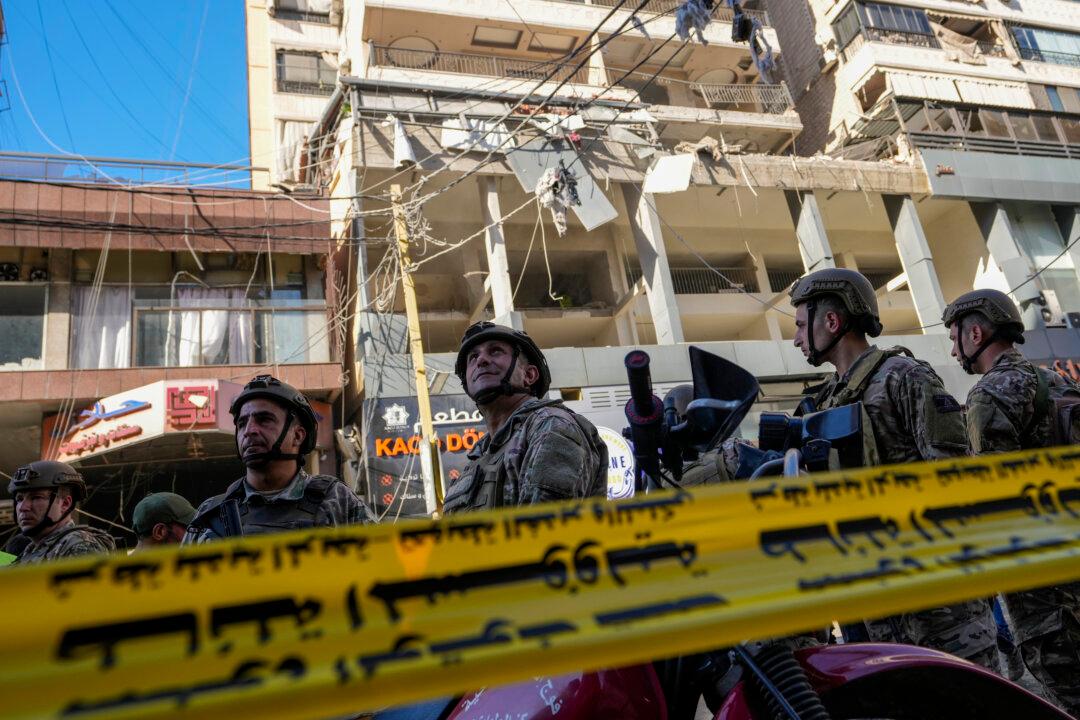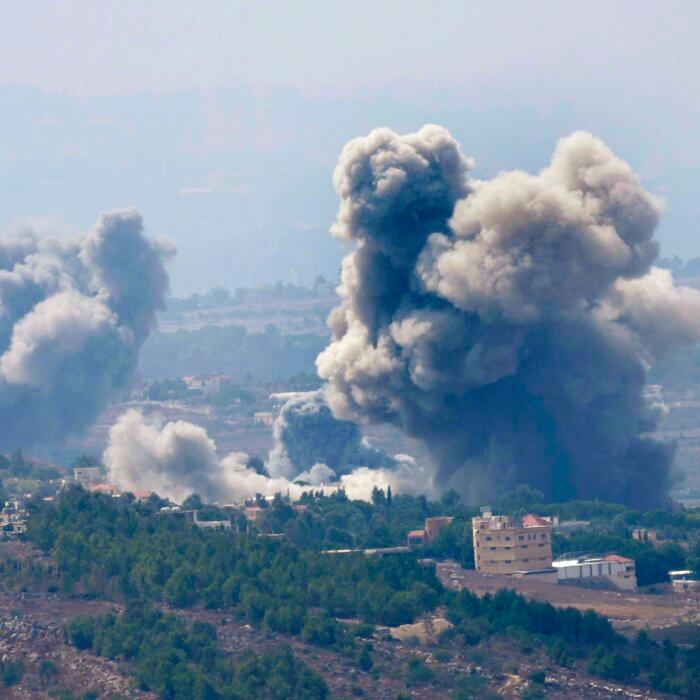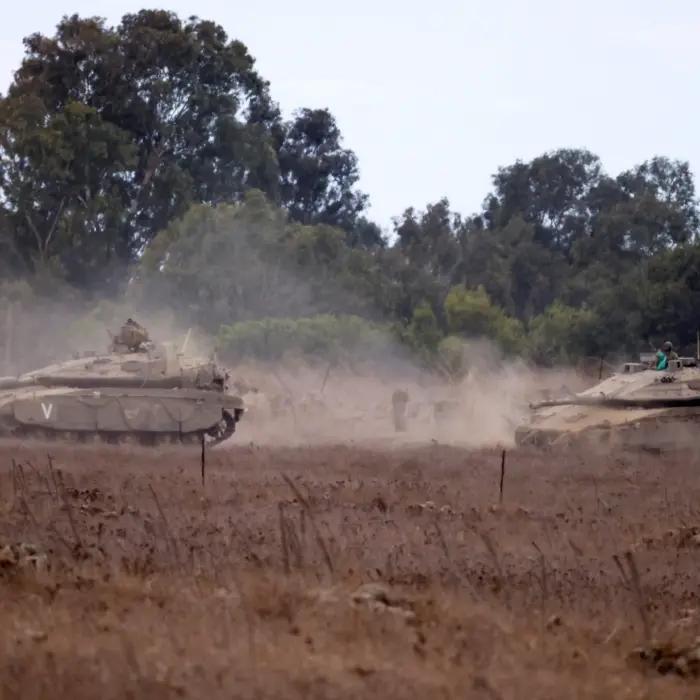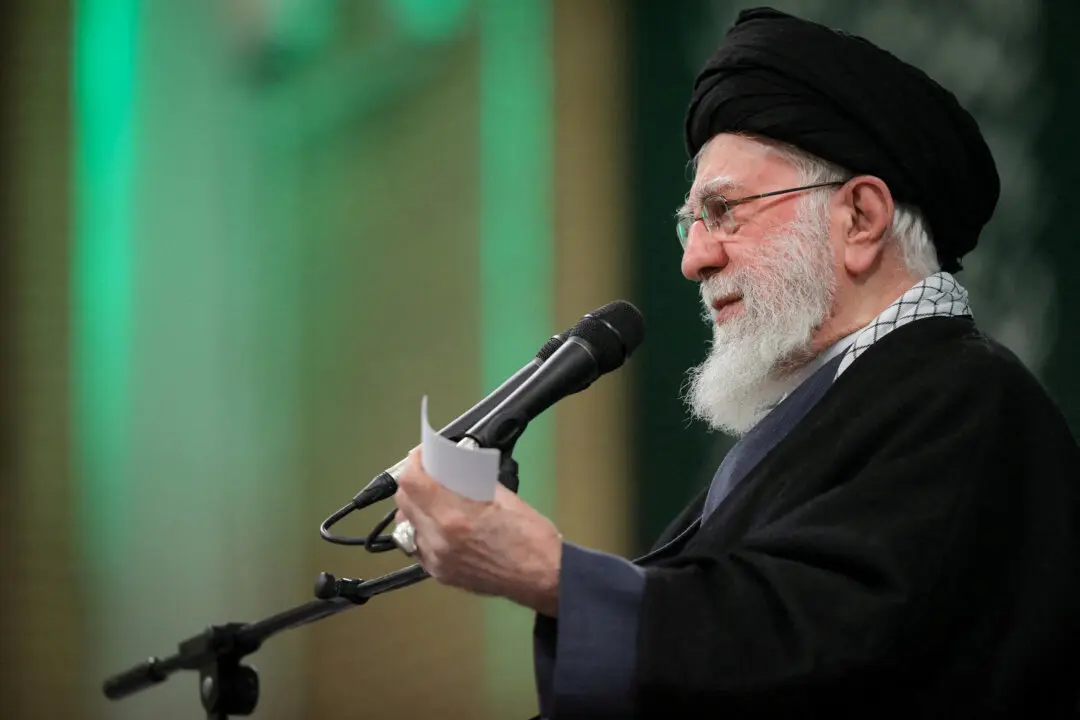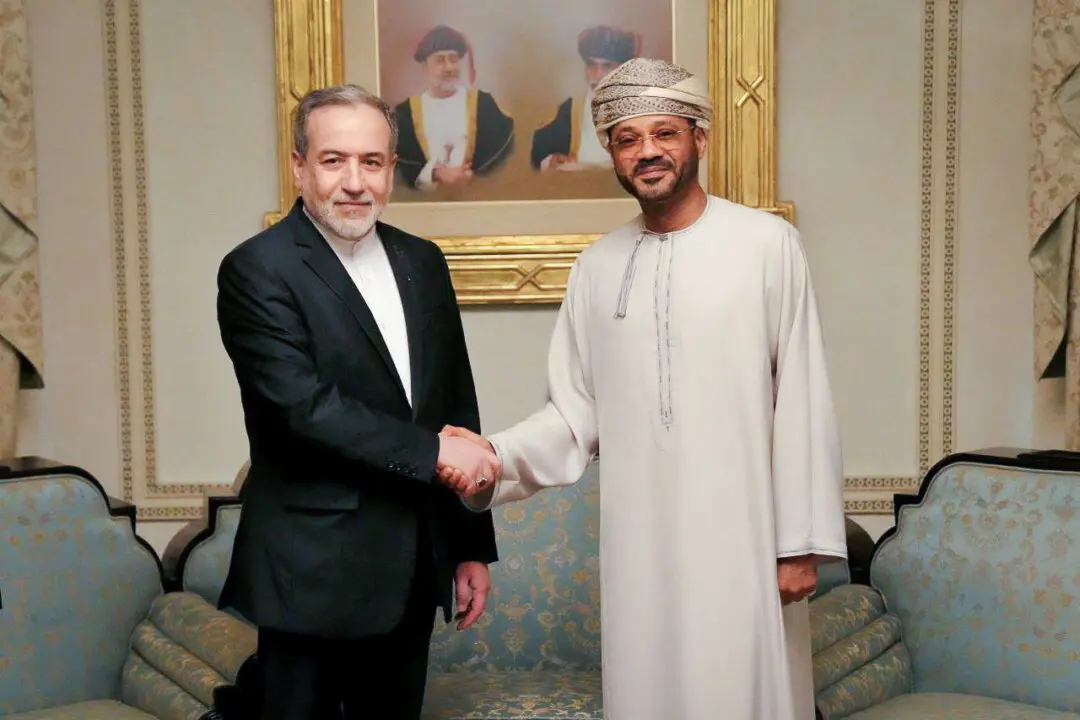Israeli Prime Minister Benjamin Netanyahu is set to address the U.N. General Assembly on Sept. 27, as the death toll from Israeli strikes against Hezbollah in Lebanon nears 700, according to Beirut’s health ministry.
On Wednesday, the United States, France, the UK, and others called for an immediate 21-day cease-fire to allow for negotiations as fears grow that the conflict, following 11 months of cross-border exchanges of fire, could escalate to all-out war.
“Our teams met [on Thursday] to discuss the U.S. initiative and how we can advance the shared goal of returning people safely to their homes. We will continue those discussions in the coming days,” Netanyahu said in a statement.
After departing for New York on Thursday, Netanyahu’s office issued a statement saying he had ordered Israeli troops to continue fighting with full force in Lebanon.
His statement didn’t reference comments from Foreign Minister Israel Katz, who on Thursday rejected cease-fire proposals, saying that there had been “a lot of misreporting around the U.S.-led ceasefire initiative.”
Israel escalated strikes last Sunday, saying it is targeting the Iran-backed terrorist group’s military capabilities.
Over the past week, Israel has carried out several attacks in the Lebanese capital Beirut, targeting senior Hezbollah commanders.
On Thursday, a strike in eastern Lebanon killed 20 people, most of them Syrian migrants, according to Lebanese health officials.
The same day, Lebanon’s Ministry of Public Health said two people were killed and 15 wounded after an Israeli airstrike hit an apartment building in a southern suburb of Beirut.
The Israel Defense Forces (IDF) said the strike killed Hezbollah drone commander Mohammed Hussein Surour. This was later confirmed by the terrorist group.
Lebanon’s disaster risk management unit said in a report on Thursday that 60 people were killed by Israeli strikes in the country and 81 injured over 24 hours, bringing the total killed since Monday to 696.
The report added that more than 1,540 people had been killed in Lebanon since last October, when the current conflict between Hezbollah and Israel began.
After the Beirut explosion, dozens of rockets were fired toward the northern Israeli city of Safed, with one hitting a street in a nearby town.
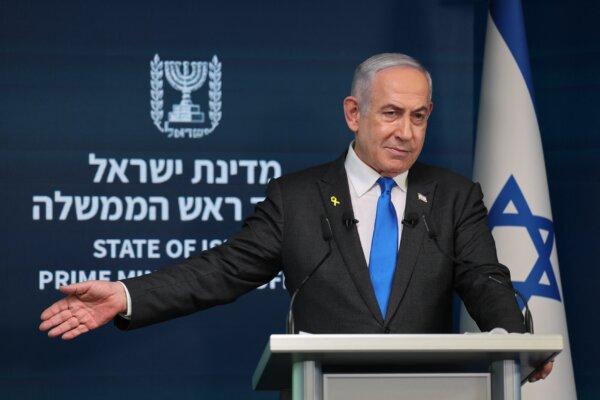
A total of 175 projectiles were fired from Lebanon on Thursday, the IDF said, with most being intercepted or falling in open areas.
Israel’s military chief said on Wednesday that Israel was preparing for a possible ground operation in Lebanon, as Hezbollah launched dozens of rockets at the Jewish State.
This was supported by evidence on the ground, as the Israeli military was seen transporting tanks and armored vehicles toward the country’s northern border with Lebanon on Thursday, a day after commanders issued a call-up of reservists.
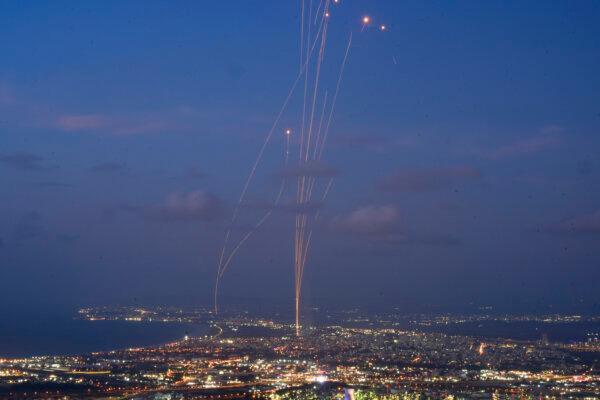
Several tanks arrived in the Kiryat Shmona, a hard-hit Israeli city just several miles from the border. Earlier, Israeli air defenses intercepted a barrage of rockets fired from Lebanon.
Lebanese Foreign Minister Abdallah Bouhabib called for an immediate cease-fire “on all fronts,” warning that continued violence at his nation’s border will “transform into a black hole that will engulf international and regional peace and security.”
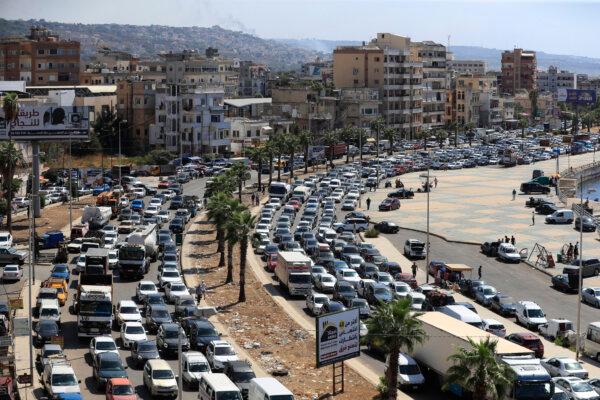
Bouhabib, speaking before the U.N. General Assembly, criticized what he called Israel’s “systematic destruction of Lebanese border villages.”
“The crisis in Lebanon threatens the entire Middle East,” Bouhabib said. “We wish today to reiterate our call for a cease-fire on all fronts.”
He said Beirut welcomes efforts by the United States and France to move urgently toward a cease-fire before things spin out of control.
Hezbollah said it will not stop launching rockets until there is a cease-fire in Gaza, where its allied Tehran-funded terrorist group Hamas has been locked in an out-and-out war with Israel for almost a year.
The International Organization for Migration estimated on Thursday that more than 200,000 people have been displaced in Lebanon since Hezbollah began firing rockets into northern Israel in support of Hamas after the terrorist group stormed into Israel on Oct. 7 last year, sparking the recent Israel–Hamas conflict.
That figure includes the more than 100,000 who were displaced before the violence escalated this week.
